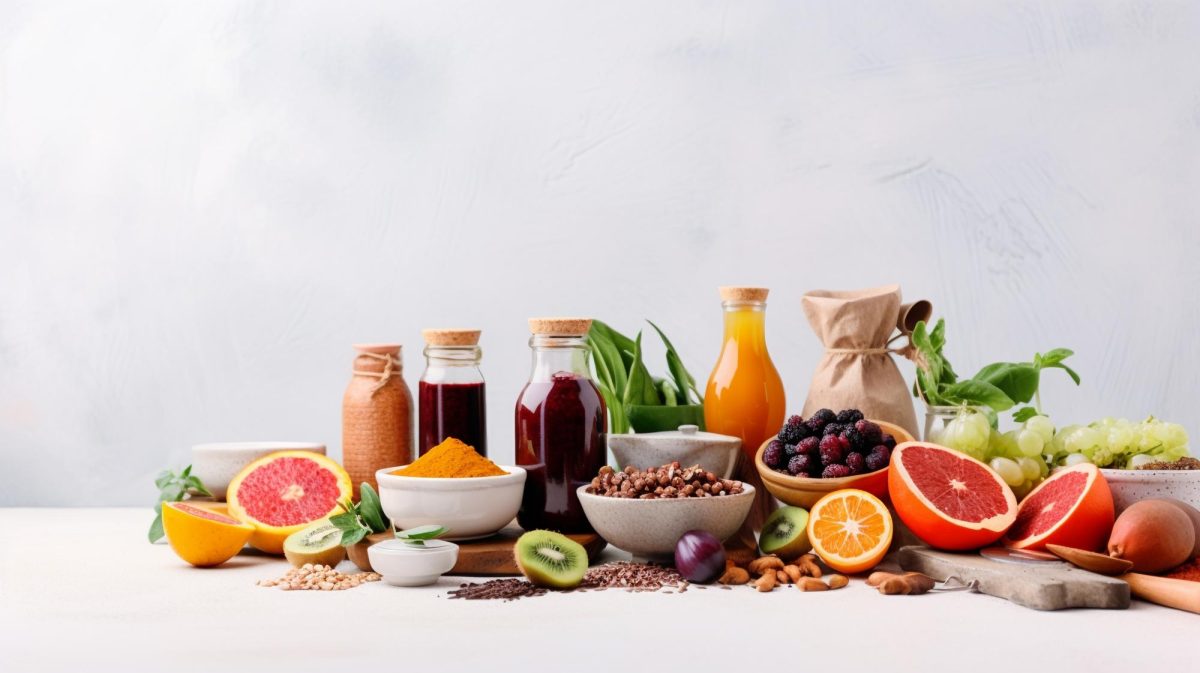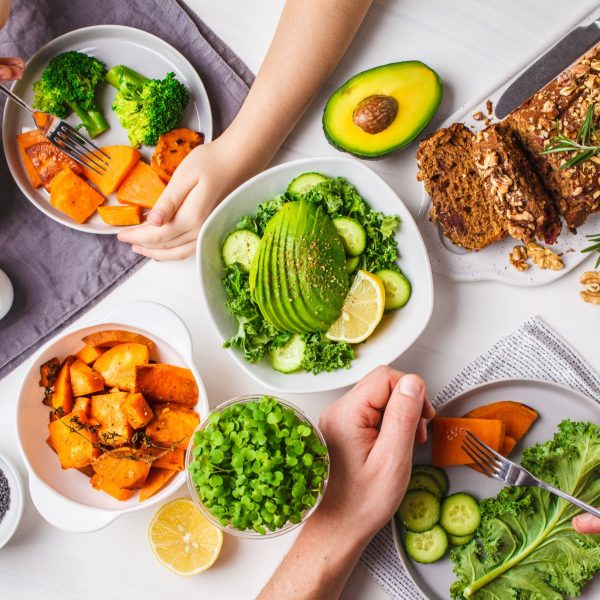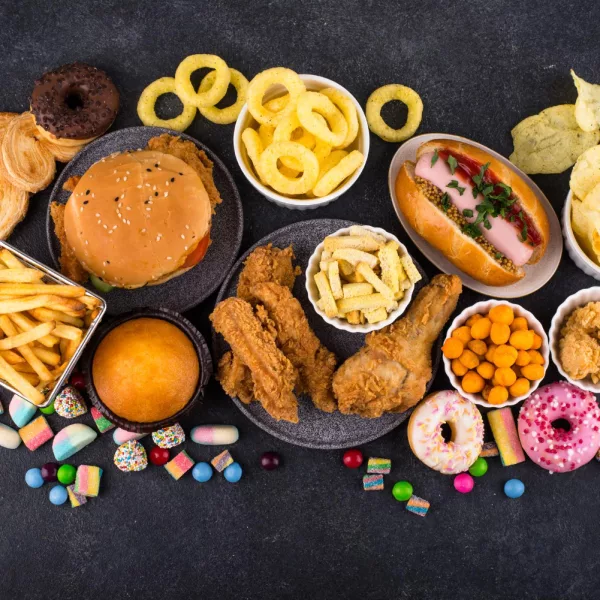Superfoods have become a buzzword in the health and wellness industry. They are claimed to be packed with nutrients that are beneficial for our health, but what exactly are superfoods and what do they do? In this article, we’ll dive into the truth about superfoods and whether they live up to the hype.
What are Superfoods?
Superfoods are nutrient-dense foods that are believed to have significant health benefits. They are typically rich in vitamins, minerals, antioxidants, and phytochemicals. Some of the most commonly touted superfoods include berries, nuts, seeds, leafy greens, and certain types of fish.

Do Superfoods Really Live Up to the Hype?
The short answer is that while superfoods do contain high levels of beneficial nutrients, they are not a magic bullet for health. Eating a varied diet that includes a range of different foods is still the best way to ensure that you are getting all the nutrients you need for optimal health.
That being said, incorporating superfoods into your diet can be a great way to boost your nutrient intake and add some variety to your meals. Here are some of the most popular superfoods and their potential health benefits:
- Blueberries
Blueberries are rich in antioxidants, which can help protect against cell damage and reduce the risk of chronic diseases such as cancer, heart disease, and Alzheimer’s disease.
- Spinach
Spinach is a great source of vitamins A and C, as well as iron and calcium. It also contains compounds that may help reduce inflammation in the body, which can contribute to the development of chronic diseases.
- Salmon
Salmon is an excellent source of omega-3 fatty acids, which are essential for brain health and can help reduce inflammation in the body. It is also rich in protein and B vitamins.
- Quinoa
Quinoa is a gluten-free grain that is high in protein and fibre. It also contains a range of vitamins and minerals, including iron, magnesium, and zinc.
- Almonds
Almonds are a good source of healthy fats, fibre, protein, and a range of vitamins and minerals. They may also help lower cholesterol levels and reduce the risk of heart disease.4
How to Incorporate Superfoods into Your Diet
Incorporating superfoods into your diet doesn’t have to be complicated or expensive. Here are some simple ways to add these nutrient-rich foods to your meals:
- Add berries to your morning oatmeal or smoothie.
- Top your salads with leafy greens such as spinach or kale.
- Snack on nuts and seeds such as almonds, walnuts, or chia seeds.
- Swap white rice for quinoa or other whole grains.
- Grill or bake salmon for a quick and easy dinner.
Final Thoughts
Superfoods can be a great addition to a healthy, balanced diet, but they are not a magic solution for good health. Eating a varied diet that includes a range of different foods is still the best way to ensure that you are getting all the nutrients you need for optimal health.
That being said, incorporating superfoods into your meals can be a tasty and enjoyable way to boost your nutrient intake and try new foods. So next time you’re at the grocery store, consider adding some of these nutrient-dense foods to your cart and see how they can benefit your health.





















Share this article